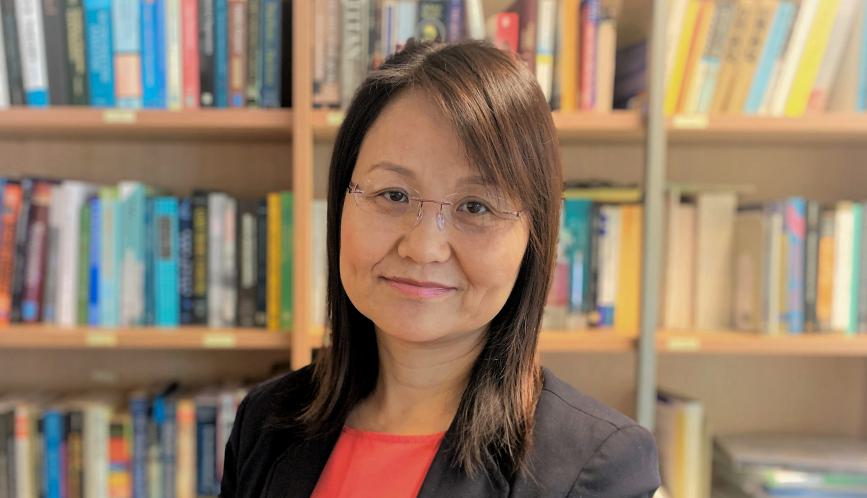MIP network member Fali Huang is an Associate Professor at the School of Economics in Singapore Management University. Her research focuses mainly on the political economy of development and growth, including democratization and growth, education and trade patterns, informal and legal contract enforcement, as well as applied microeconomics topics such as employee screening and monitoring, social trust, child development, marital choices, and old age support. She is also a faculty lecturer at the 2019 Summer School on Socioeconomic Inequality, Chengdu. Huang received a Ph.D. in Economics from the University of Pennsylvania and a B.A. in Economics from Renmin University of China.
Describe your area of study and how it relates to current policy discussions surrounding inequality.
My research focuses on the political economy of long-run development and growth. The level and sources of income inequality play a crucial role in various dimensions of development. For example, inequality in capital ownership, depending on whether it is of land and natural resources, physical capital, or human capital, has fundamental influences on what type of political regime may arise and sustain in equilibrium. The political regime also affects inequality in turn. A high-income inequality often underlies a self-perpetuating circle of political, legal, and educational institutions that hinders economic growth.
What areas in the study of inequality are most in need of new research?
Inequality comes from many sources. By providing adequate health, education and other support to all, we can effectively reduce it. However, certain causes of inequality are not easy to address; for example, some individuals are talented and motivated to work hard, while others not. In these cases, how to accommodate them in a sustainable way and mitigate the potential negative effects become important. These issues touch upon a deep understanding of the meaning of a fulfilling life and how to achieve it in society. I think we need to do more research along these lines rather than focusing too much on technical issues of reducing inequalities in material gains.
What advice do you have for emerging scholars in your field?
Young people are often under huge pressures to gain professional recognition, which leaves them less freedom to explore what truly matters for their life and society in large. Even after one gains a foothold in the profession, the ongoing pressure to maintain excellent performance in measurable ways is also strong. So even though following your heart is such an important guideline for all of us, it is not easy to do so; one tends to focus too much on professional gain at the cost of personal development. A more practical suggestion is thus a trade-off: Get established in the profession first, and then follow your heart to become a true scholar.



